Elon Musk has gone viral after he sat down for an interview with BBC reporter James Clayton and pressed Clayton on a couple of controversial topics. Musk was so direct and unrelenting in his responses that Clayton later admitted, “Several times it felt like he was trying to interview me.”
On Tuesday evening, Musk and Clayton sat down for an in-person conversation, which Clayton claims had been spontaneously arranged earlier that day. The two touched on various topics, including the massive layoffs that have occurred at Twitter since Musk took over last year as well the “government-funded” media label that was recently added to the BBC’s Twitter account.
However, two aspects of the conversation have drawn particular interest on social media since the interview aired live on Twitter Spaces and the BBC: the supposed rise in hateful content on Twitter and COVID misinformation. During these discussions, Clayton appeared so surprised and uncomfortable that he repeatedly attempted to steer the discussions in another direction.
First, Clayton asserted that he had “personally” noticed a rise in hateful content on Twitter since Musk’s takeover. When Musk pressed him for an example of such “hateful” content, Clayton demurred and spoke generally about comments that could be considered “slightly racist or slightly sexist.” When Musk then asked for a specific example of hate speech that should be censored on Twitter, Clayton came up empty.
“I don’t actually use that feed any more because I don’t particularly like it,” Clayton stammered.
“You said you’ve seen more hateful content, but you can’t name a single example, not even one,” Musk countered.
Clayton continued to avoid giving an example, but Musk would not let him off the hook. “Then I say, sir, that you don’t know what you’re talking about,” Musk stated, adding that the premise of a rise in hate speech was “false.”
“You just lied!” Musk claimed.
Clayton denied the allegation and insisted that other “organizations” had reported a rise in hateful tweets in recent months. When Musk continued to demand an example, a seemingly exasperated Clayton claimed that they weren’t “getting anywhere” and suggested they just “move on.”
Perfect illustration of how scumbag reporters lie:
This BBC hack claimed he's seen more hate on Twitter. When asked, he can't name a single example because he hasn't look. Then claims @ISDglobal — funded by US, EU and neoliberal billionaires – said it:pic.twitter.com/Z0F8eGm1wp
— Glenn Greenwald (@ggreenwald) April 12, 2023
Clayton then wanted to talk about Twitter removing warnings about possible misinformation about COVID, but Musk fired back immediately: “Has BBC changed its COVID misinformation?”
After a brief silence, Clayton retorted that the “BBC does not set the rules upon Twitter, so I’m asking you,” but Musk refused to restrict his answers to fit Clayton’s framing.
“COVID is no longer an issue,” Musk noted before accusing the BBC of peddling misinformation about the COVID policies related to masking and the vaccines.
“Does the BBC hold itself at all responsible for misinformation regarding masking and side effects of vaccinations and not reporting on that at all?” Musk asked.
When Clayton made no reply, Musk pressed on: “And what about the fact that the BBC was put under pressure by the British government to change [its] editorial policy?”
Clayton then responded hesitatingly, “This isn’t an interview about the BBC,” to which Musk immediately quipped, “Oh, you thought it wasn’t?” Clayton then reacted with a nervous chuckle and a disclaimer that he was not an official “representative of the BBC’s editorial policy.”
“Let’s talk about something else,” Clayton once again pivoted, while Musk remarked slyly, “You weren’t expecting that.”
That four-minute exchange from their larger, 90-minute interview can be heard in the tweet below.
BREAKING: @ElonMusk shut down this pro-censorship BBC reporter and left him scrambling on how to justify his own questions on misinformation and the supposed rise in hate speech.
Listen till the end. pic.twitter.com/J7L6eKtKJK
— TexasLindsay™ (@TexasLindsay_) April 12, 2023
Clayton later called it “a whirlwind of an interview,” and the BBC seemed pleased that Musk agreed to label the outlet “publicly funded,” rather than “government-funded.” Clayton also seemed surprised that, after their conversation ended, Musk continued to chat with some of those who had joined them on Twitter Spaces.
“Ok so usually the interviewee leaves the interview. Elon musk now taking questions on Spaces,” Clayton tweeted.
Ok so usually the interviewee leaves the interview. Elon musk now taking questions on Spaces pic.twitter.com/x9JKfzdtpT
— James Clayton (@JamesClayton5) April 12, 2023
Musk appears to be a night owl. He told Clayton that he often does not retire for bed until sometime between 3 and 6 a.m.

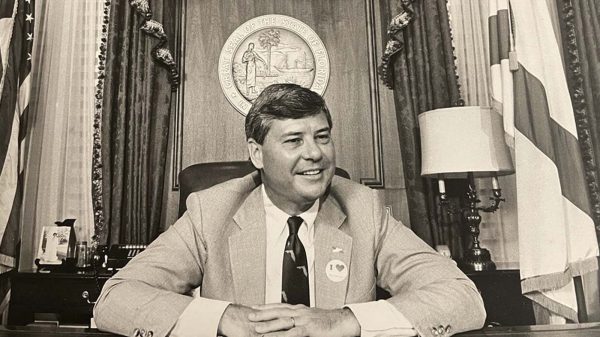
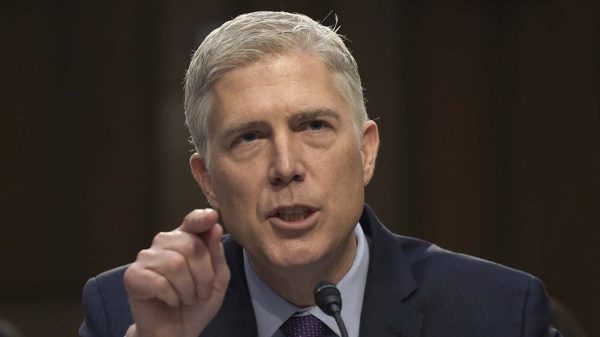
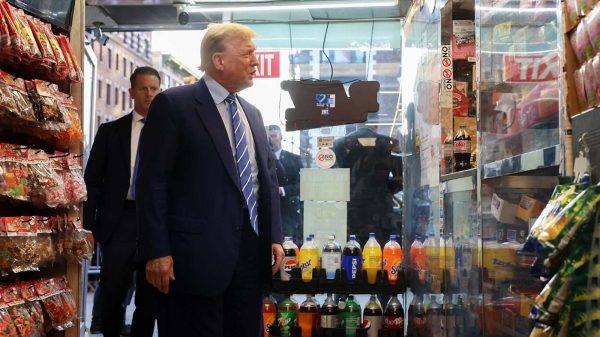
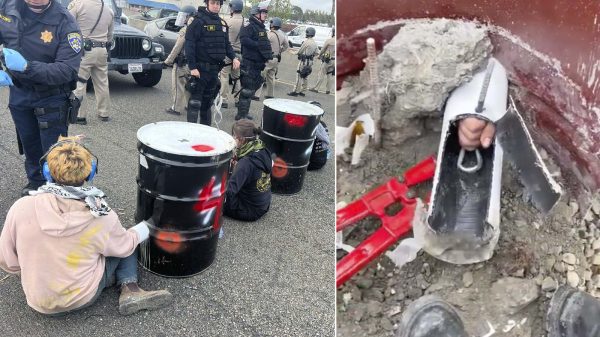
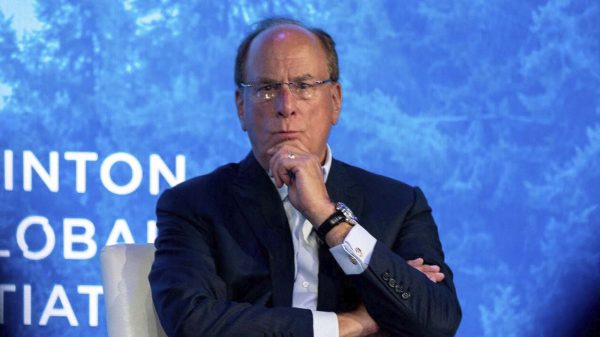
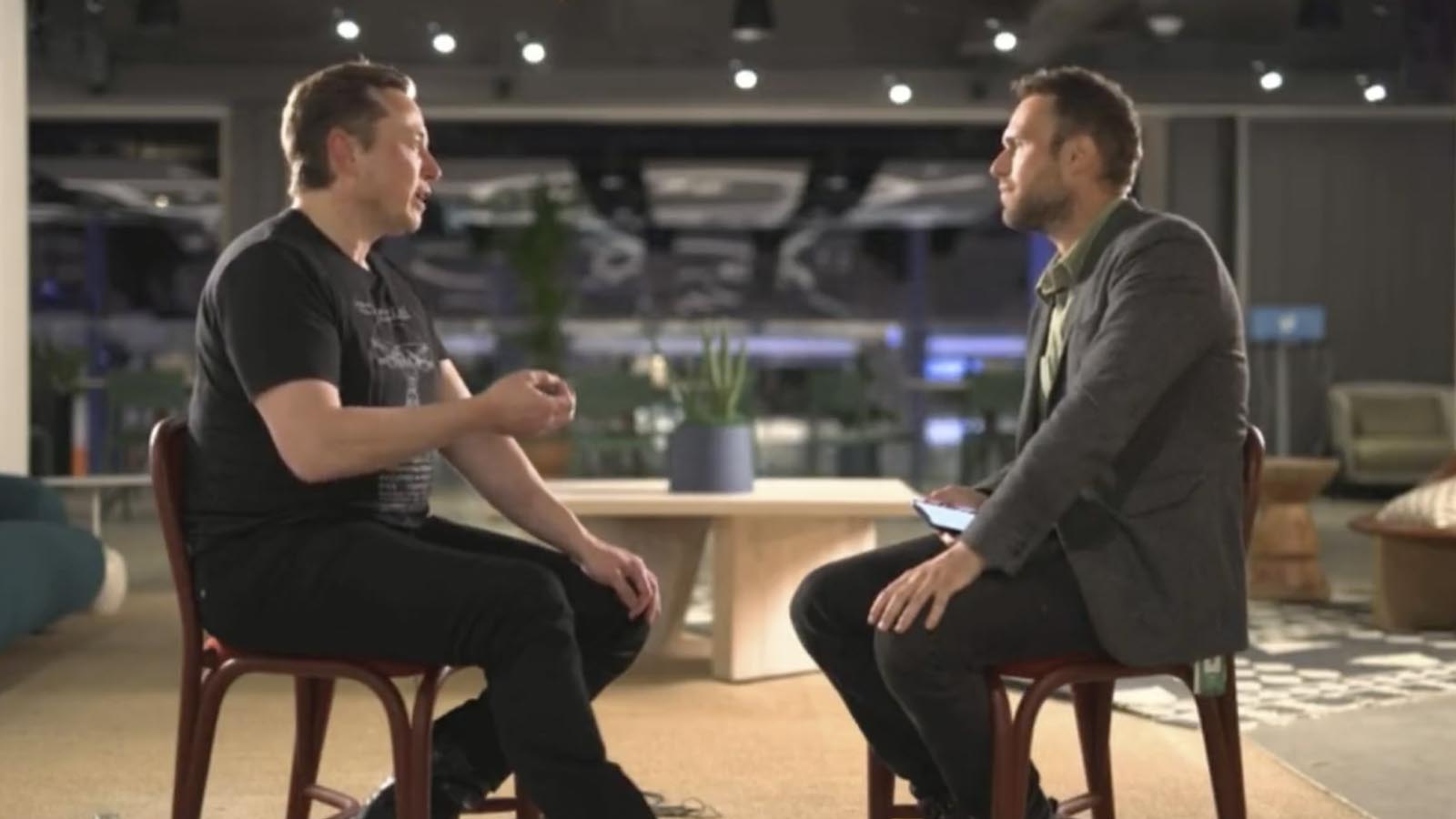
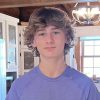

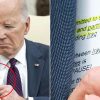
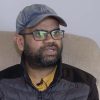
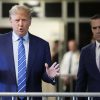
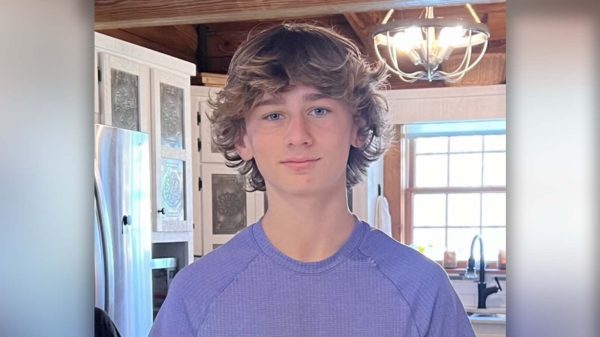
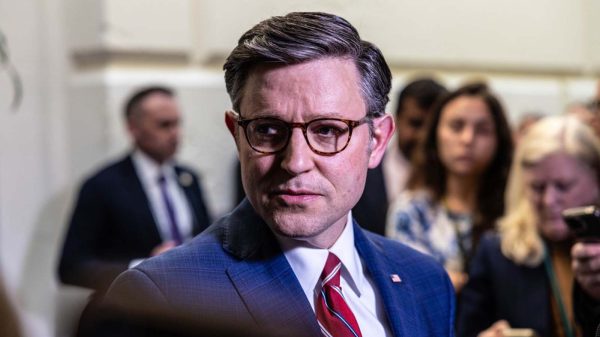
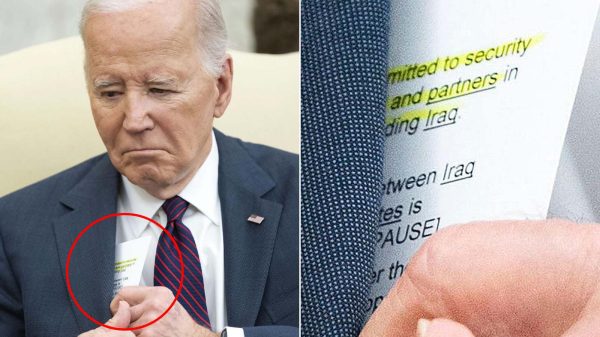
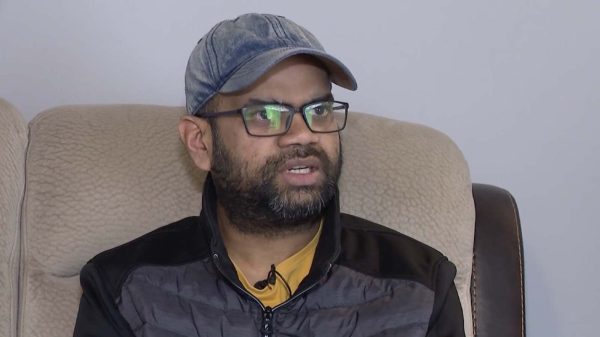
When you have the receipts you can be bold. Well done Mr. Musk!